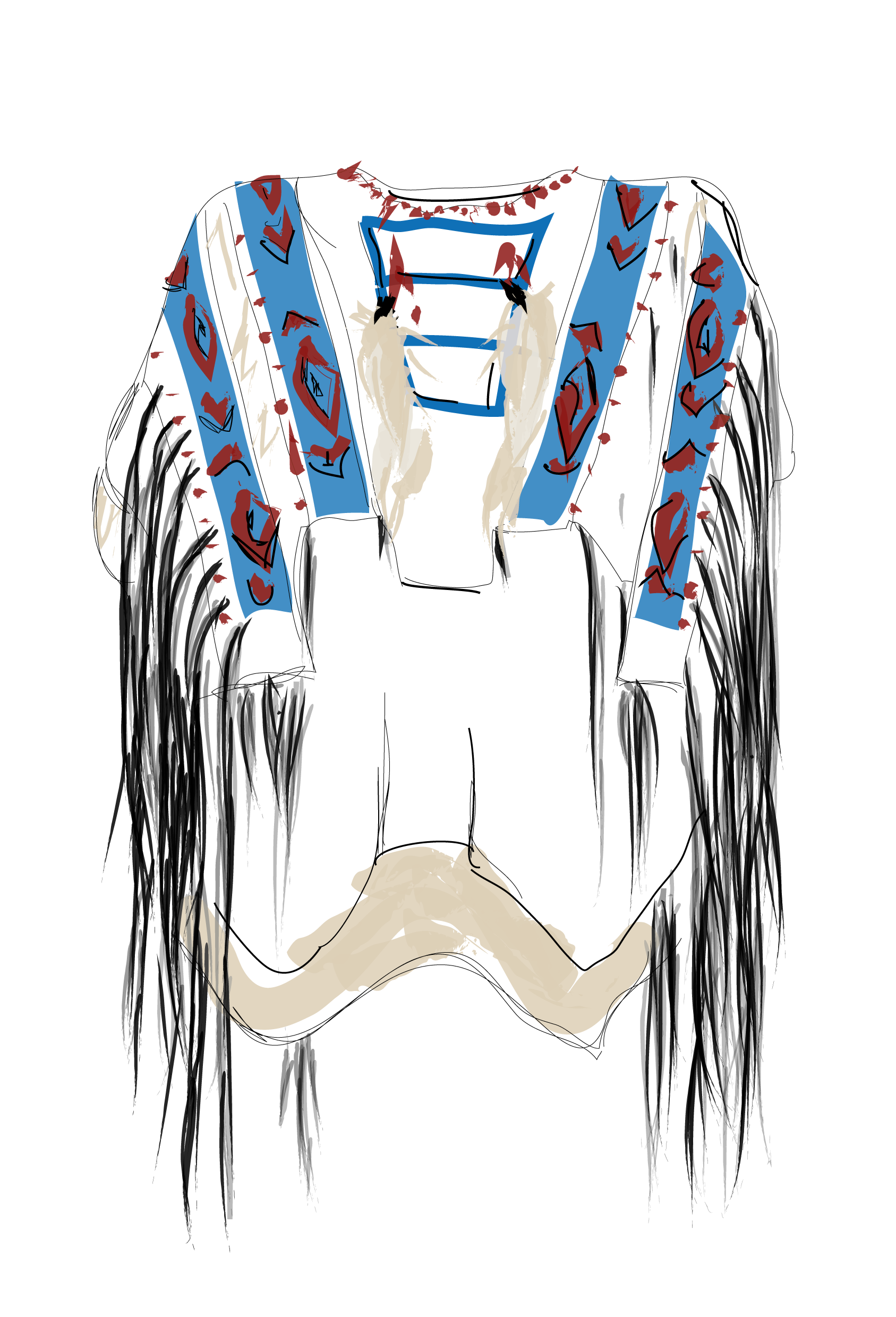Your Pocahontas costume might seem fun, but it’s reinforcing cultural stereotypes ??
Halloween is a holiday where we celebrate all things spooky by dressing up and carving pumpkins. For many, dressing up can be a fun way to be someone else for a night. However, each year, many young people choose to dress up in costumes that culturally inappropriate, like the classic “indian” costume, which is really dressing up as a First Nations people, or the ever-popular geisha costume. While the intention is not usually to offend others, if you are planning on dressing up as something that might seem culture-oriented, think twice.

Karl Hele, associate professor and director of First Peoples studies at Concordia University, sees this issue as both culturally inappropriate and offensive. “It is offensive, you are not honouring me or my culture by dressing as a stereotype,” he said.
Having the excuse of dressing up as your favourite Disney princess Pocahontas is not valid either. If a young girl is dressing up as Pocahontas, “it is teaching the child that it is OK to stereotype and sexualize,” said Hele. “The parents should know better and realize the issues with the costume.”
The more important problem here is adults are dressing up as Pocahontas. The costume is often portrayed as a “sexy Indian,” which Hele said “devalues Aboriginal women and contributes to their sexualization by race. This helps contribute to the high number of assaults and murders of Aboriginal women as well as affecting Aboriginal young women and girls’ self-esteem and body image.”
Hele added that the key to changing these bad costume habits is education. “Continually remind people that dressing like an Indian stereotype is offensive,” he said. “No one dresses like a Jewish or African stereotype—although there have been recent incidents of blackface—and expects it not to be offensive.”
While you might think that this new trend is considered ‘fun’ or a celebration of a culture, it does the opposite. “It affects individuals of the culture, being viewed as stereotypes. It devalues a culture by showing its members that they are nothing more than a stereotype,” Hele said.
The idea doesn’t just apply to First Nations-related costumes. If you are planning on dressing up as a any kind of cultural caricature, stop and think of what implications your costume could have. It is always important to get background information on your Halloween costume before you make the decision to dress up. A costume might seem like a mundane thing to most people, but it could be reinforcing stereotypes.



